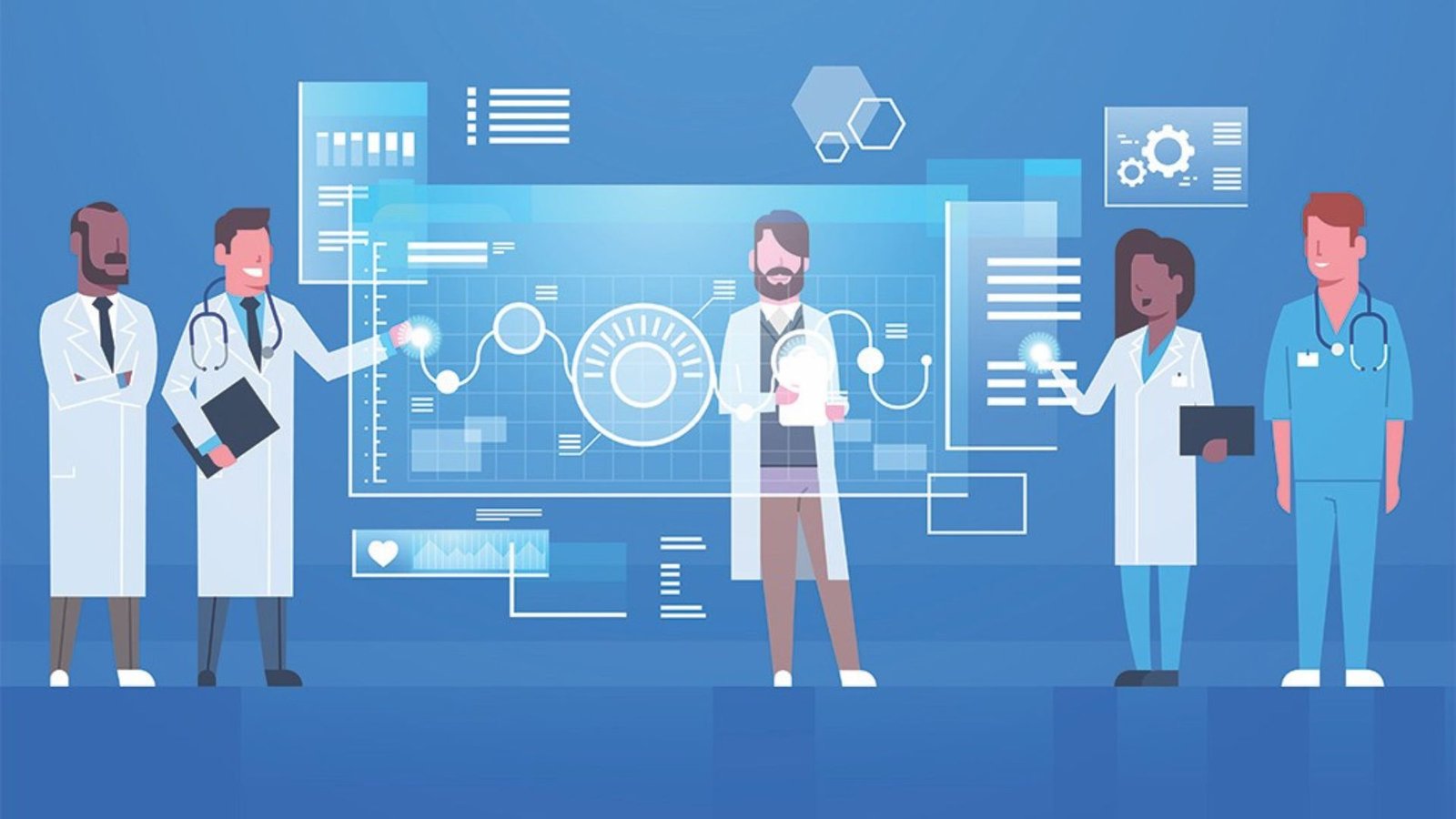The Role of Technology in Modern Healthcare Innovations
Technology has revolutionized the healthcare industry, driving significant improvements in patient care, operational efficiency, and medical research. From advanced diagnostic tools to telemedicine, the integration of technology in healthcare has led to groundbreaking innovations that are transforming how healthcare is delivered and experienced. Here’s an in-depth exploration of the role of technology in modern healthcare innovations:

Enhanced Diagnostic and Treatment Tools
Medical Imaging
Advanced imaging technologies such as MRI, CT scans, and PET scans have revolutionized diagnostics by providing detailed, high-resolution images of the body’s internal structures. These technologies allow for early and accurate diagnosis of diseases, leading to more effective treatment plans.
Genomics and Personalized Medicine
Technological advancements in genomics have paved the way for personalized medicine. By analyzing an individual’s genetic makeup, healthcare providers can tailor treatments to the patient’s specific genetic profile, improving the effectiveness of therapies and reducing adverse effects.
Telemedicine and Remote Monitoring
Telehealth Services
Telemedicine has emerged as a critical tool for increasing access to healthcare, especially in remote and underserved areas. Through video consultations, patients can receive medical advice, diagnosis, and treatment from the comfort of their homes. This technology also enables healthcare providers to monitor patients with chronic conditions more effectively.
Wearable Devices
Wearable technology, such as smartwatches and fitness trackers, allows for continuous monitoring of vital signs like heart rate, blood pressure, and oxygen levels. These devices enable real-time data collection and alert patients and doctors to potential health issues before they become critical.
Electronic Health Records (EHRs)
Streamlined Data Management
EHRs have replaced paper records, providing a digital and more efficient way to manage patient information. This technology facilitates easy access to patient histories, improving coordination among healthcare providers and enhancing the quality of care.
Data Analytics
The vast amounts of data generated by EHRs can be analyzed to identify trends and patterns in patient health. Data analytics tools help in predictive modeling, allowing healthcare providers to anticipate outbreaks, manage resources, and personalize patient care.
Robotics and Artificial Intelligence (AI)
Robotic Surgery
Robotic-assisted surgery offers greater precision, flexibility, and control than traditional surgical methods. Surgeons use robotic systems to perform complex procedures with enhanced accuracy, resulting in smaller incisions, reduced pain, and faster recovery times for patients.
AI in Diagnostics and Treatment
AI algorithms are being used to analyze medical images, predict patient outcomes, and recommend treatment options. Machine learning models can process vast datasets to identify patterns that human practitioners might miss, leading to more accurate diagnoses and personalized treatment plans.
Healthcare Management Systems
Hospital Information Systems (HIS)
HIS are integrated systems that manage the administrative, financial, and clinical aspects of hospitals. These systems improve operational efficiency by automating processes, reducing errors, and facilitating communication between departments.
Supply Chain Management
Technology enhances the efficiency of healthcare supply chains by automating inventory management, tracking supplies, and predicting future needs. This ensures that hospitals and clinics have the necessary resources to provide uninterrupted patient care.
Advanced Research and Development
Clinical Trials and Research
Technology accelerates the pace of medical research by providing tools for more efficient data collection, analysis, and sharing. Digital platforms facilitate the management of clinical trials, improve patient recruitment, and ensure compliance with regulatory requirements.
Biomedical Engineering
Innovations in biomedical engineering, such as the development of prosthetics, medical devices, and artificial organs, are transforming patient care. These technological advancements improve the quality of life for patients with severe injuries or chronic conditions.
Conclusion
Technology plays a pivotal role in modern healthcare innovations, driving improvements in diagnostics, treatment, patient care, and healthcare management. From telemedicine and wearable devices to AI and robotics, technological advancements are transforming the healthcare landscape, making it more efficient, accessible, and personalized. As technology continues to evolve, its integration into healthcare will undoubtedly lead to even more significant innovations and advancements, ultimately improving patient outcomes and revolutionizing the way healthcare is delivered.



